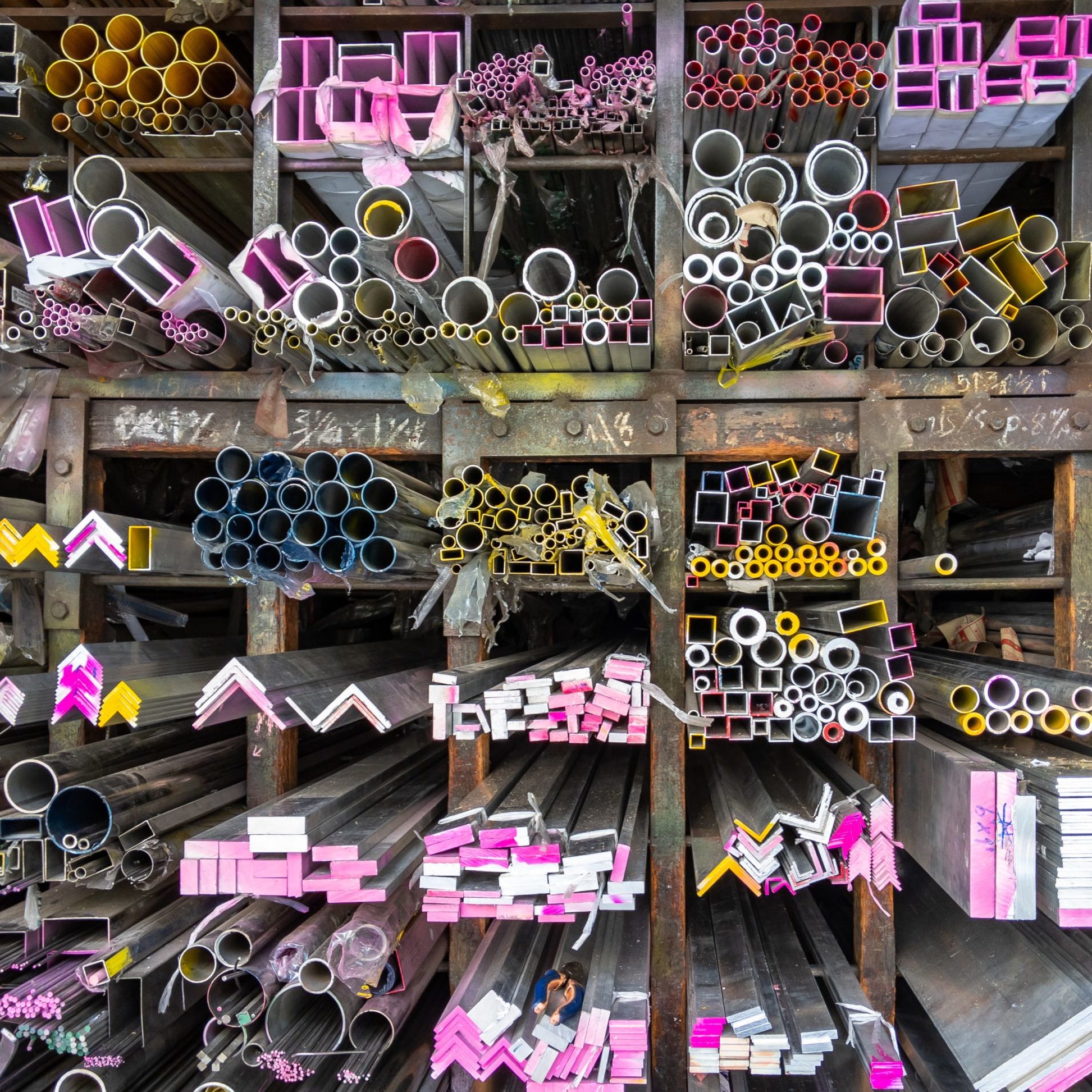Training Objectives
How can we ensure the continuous supply of the increasingly scarce raw materials that are needed to make the products we use every day? In this course, we will look at the potential benefits of circular procurement and how recycling technologies and more efficient ways of collecting and recycling critical raw materials (CRMs) can make your business and production more resource resilient. A good number of the materials found in everyday products are now referred to as "critical". This means that there is a risk of failure in their supply and that they are also critical in terms of economic importance. Many metals, for instance, are already critical or could become critical in the near future due to their limited availability and the growing demand for products worldwide. Think of the newest electronic products that contain critical metals such as gallium, which is used in integrated circuits; beryllium, used in electronic and telecommunications equipment and permanent magnets and germanium found in infra-red optics. Innovative product design and reusing, recycling and remanufacturing products can help to deal with a raw materials shortage. But this can only provide an integrated solution if we keep CRMs in the loop through smarter CRM management. The starting point is to identify CRMs in products. It is not always clear what materials are in which products. It is, therefore, necessary to keep all metals in the loop for as long as possible. Scarcity in the supply chain can not only damage businesses but also negatively impact economic development and the environment. For this reason, the course will also discuss environmental issues and electric and electronic waste regulations. This course will be of value to a wide range of professionals working in or interested in this field. These include professionals involved in producing products containing CRMs (such as electronics) as well as local or national government officials tasked with organizing waste management and recycling for these products. Students interested in the field of waste management will also find this course helpful for their studies in electronics, industrial design, and industrial ecology.Training Contents
Current challenges and opportunities in resource resilience. Environmental problems caused by waste mismanagement of products that contain CRMs. Waste collection methods and efficient collection of waste in households and at companies. Remanufacturing, refurbishment, re-use and recycling processes of products which contain CRMs. Waste prevention through chain optimization. Benefits of circular procurement to keep critical raw materials in the loop through smart waste management. How product design can support efficient recycling and remanufacturing. How to uncover new business models to reduce waste and to make your business more resource resilient.Digital Innovation Hubs
Technology
- Others
Technique
- Workshops
- Practical exercices
Channel
- MOOC
Technology Absortion Cycle
- Implementation
Target Group
- Other
Instruction Level
- Foundation
Sector
- Others:
Education Level
Capacity
- More than 20
Details
Date: Always available - online
Durations: +7 days
Price: Free | Earn certificate for $149

Project
Delft University of TechnologyCountries where training is provided
NetherlandsCities where training is provided
DelftLanguages this training can be provided
English

Views: 273 views

